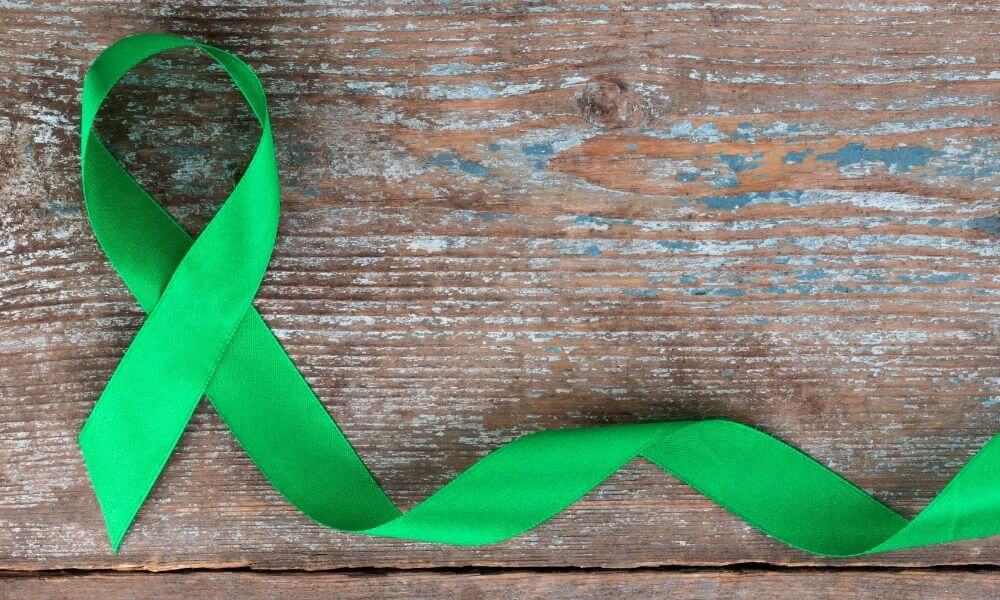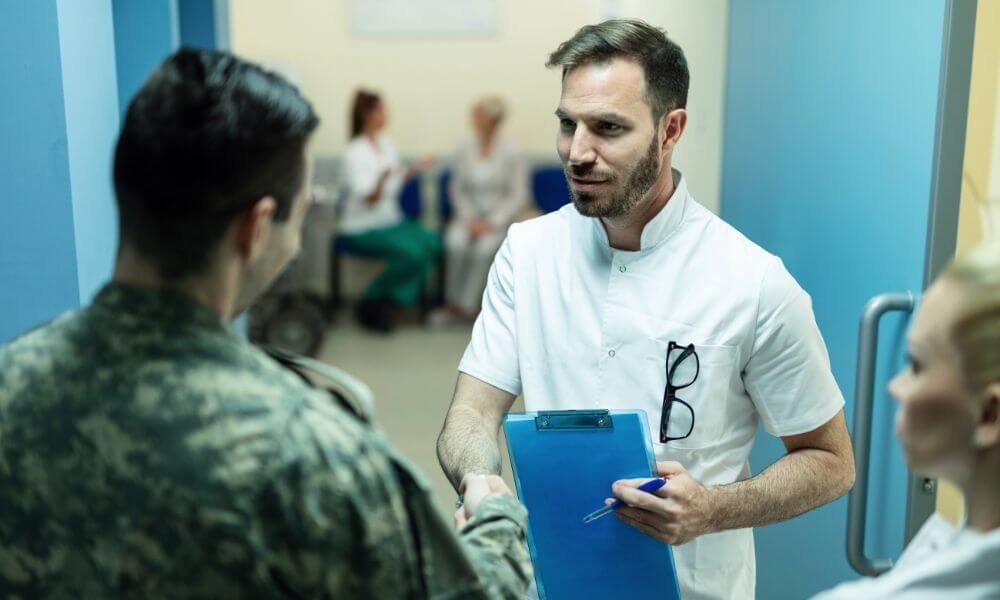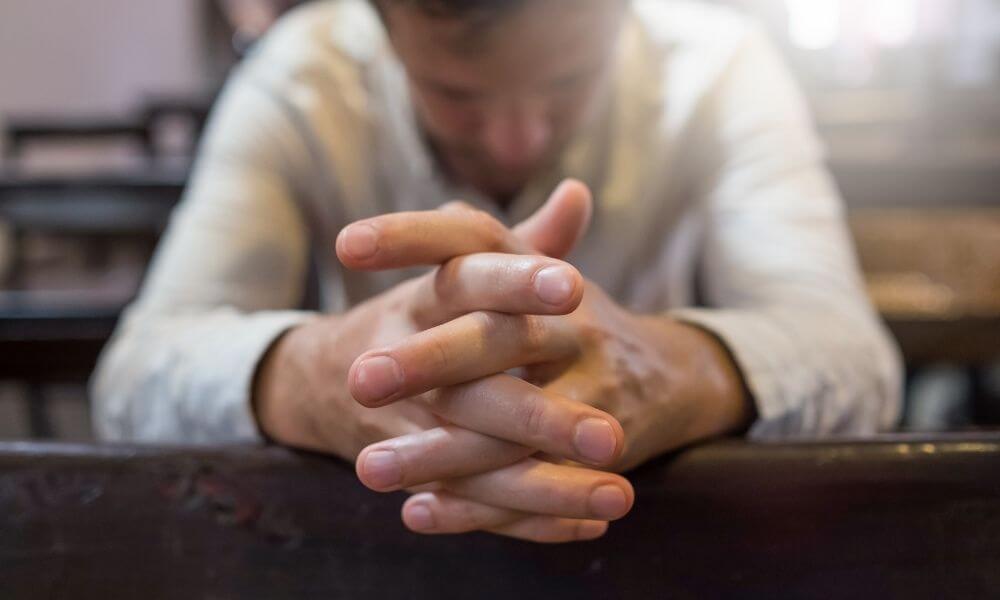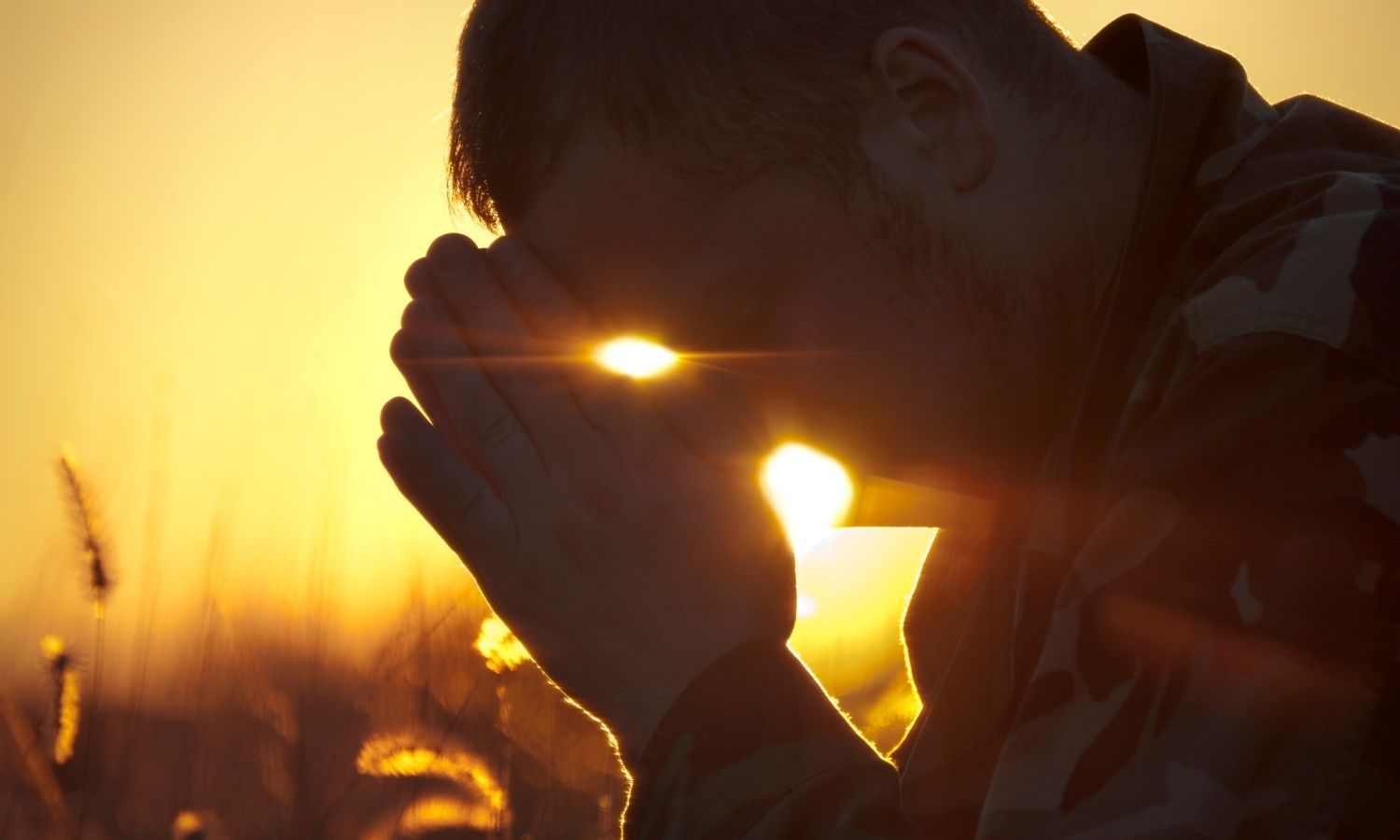As we celebrate Mental Health Awareness Month in May, we recognize our Chaplains—those who help so many others that also have to be able to help themselves.
A well-known metaphor suggests that we have to put on our life vests before we can save others that are drowning. The same would apply to an emergency on an airplane—put on your oxygen mask before attempting to assist others. Well, the same applies to our chaplains.
Trauma Chaplaincy requires the need to “hit the reset button” due to the incredibly demanding nature of this calling—both physical health and mental health are equally crucial to nurture. Self-care affords a much better position for helping others and reducing the chance of burnout.
Let’s explore Mental Health Awareness Month and why mental health for trauma Chaplains is especially important while they serve in this Military ministry.
Have You Heard of Mental Health Awareness Month?

Mental Health Awareness Month was first observed in 1949! It was launched by Mental Health America (MHA) and began as Mental Health Week, which eventually became Mental Health Month.
The movement created a national drive to educate the American population on mental illness, what it is, and what defines “mental health”.
Trauma Chaplains: Why Their OWN Mental Health Should Be Front & Center
So why should trauma Chaplains be so concerned about their personal mental health? Let’s consider a couple of the things that trauma Chaplains frequently have to experience:
Seeing People at Their Worst: Chaplains have to give care to individuals who are going through the absolute worst times in their lives. In the Military world, Service members get hurt in more ways than one, lose their buddies in battle, and bear with countless emotional challenges like fear, anger, guilt, etc. For a more comprehensive study on these pillar emotions, please check out our God Understands page on our website.
Many Patients All at Once: Trauma (or crisis) chaplains are handling caregiving in a critical situation—often to multiple victims (patients). If four soldiers were killed in battle, there would be a lot of hurting people as a result of that traumatic event. Trauma Chaplains don’t often have the time to regroup and mentally heal themselves from such a draining task.

What Can Chaplains Do?
Fortunately, there are several things that Chaplains can do to help themselves mentally, some even amid crisis:
Pray and Read God’s Word: This might seem like a no-brainer, but Chaplains who are being bombarded with tending to the critical needs of others may not think to stop and pray. Even reciting passages of Scripture to stay spiritually grounded may help during an otherwise chaotic situation. Visit the Never Alone and God Understands pages of our website to check out programs that can be just as useful to Chaplains as our other Service members.
Take Breaks: Another suggestion that may seem obvious, but when tending to the needs of so many with so much emotional baggage, it’s easy to forget this one. One of the best ways to decide it’s time to take a break is by learning limitations (i.e., “How much can I handle before I get to the breaking point”?). Setting boundaries helps maintain energy levels and allows us to better help others, when in a more balanced state of mind. Additionally, for some, taking retreats or requesting part-time hours may also be an option.
Focus on Work-Life Balance: Part of setting boundaries in work is knowing when to spend some time enjoying life. This may include taking a nature walk, revisiting a much-neglected hobby, setting aside family time, or even turning off the mind in front of the TV for a little bit. Also, try creating a routine in which the work world and the home are separated. This may include a time of prayer during a commute home where you, “leave it all at the Lord’s feet” before setting foot in the door.
Remember the Body’s Basic Needs: Mental health and physical health are certainly linked, and it is important to remember to keep the body in as good a condition as the mind. Consider eating a healthy diet, get regular exercise, try to reduce the intake of processed food and junk food, and get a good night’s sleep. When your body is in poor physical condition, it’s tough to pull it together for a mentally challenging day.

Get Help: Sometimes, caregivers need to be given care themselves. It is never easy to ask for help as it’s easy to convince our minds that it’s a sign of weakness. But Chaplains need the same kind of support systems that they offer to the Military members they serve—maybe even more sometimes. Consider reaching out to fellow Chaplains to lean on—they undoubtedly are going through the same struggles. Talk to a psychologist about recurring struggles. Remember, we’re all human, and finding ways to cope in times of crisis is paramount.
Final Thoughts on Trauma Chaplaincy and Mental Health
Trauma Chaplains have an enormous responsibility to the people they serve. God has appointed incredibly strong people to answer this noble call and it takes extraordinary mental strength to handle these intense situations day in and day out.
Everyone must remember to put on their life vest first so that they can save others. And never try to go it alone. We at ASM have resources to help out Chaplains when they need it most. And, we should never forget to call on the Chief Physician to see us through—in fact, we should be sure to come to Him in prayer first as He provides a renewal of our strength!
“…but they who wait on the Lord shall renew their strength; they shall mount up with wings like eagles; they shall run and not be weary; they shall walk and not be faint.”
Isaiah 40:31 (ESV)





